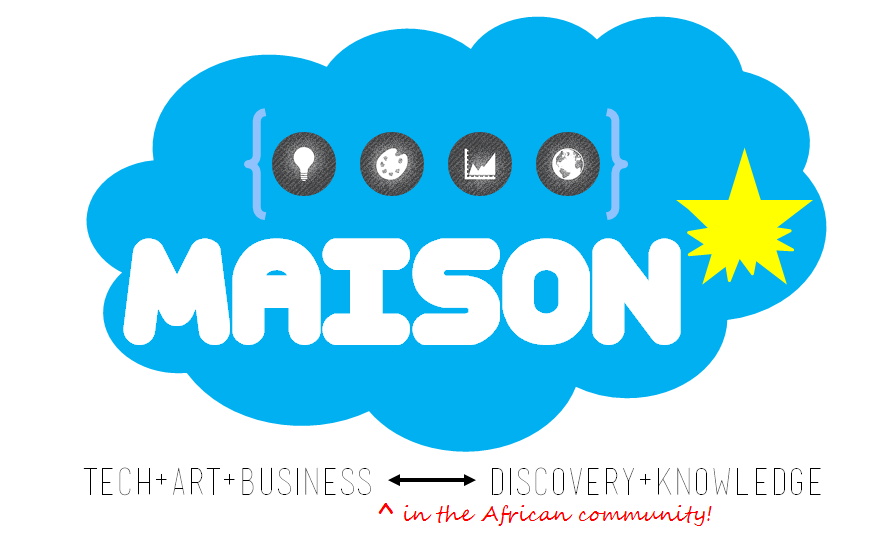CHOOSE ONE EXAMPLE OF A SERVICE THAT AFFECTS THE POOR IN A DEVELOPING COUNTRY AND DESCRIBE HOW YOU WOULD DESIGN AN EXPERIMENT TO STUDY HOW FEEDBACK AFFECTS THE OUTCOMES.
The essay was supposed to be based off of the idea of feedback loops. Upon my research, I came across this article in Wired Magazine: Harnessing the Power of Feedback Loops.
The article provided ample insight into the concept of feedback loops. According to Wired, a feedback loop involves four distinct stages:
- Data: A behavior must be measured, captured, and stored. This is the evidence stage.
- Relevance: the information must be relayed to the individual, not in the raw-data form in which it was captured but in a context that makes it emotionally resonant.
- Consequence: The information must illuminate one or more paths ahead.
- Action: There must be a clear moment when the individual can recalibrate a behavior, make a choice, and act. Then that action is measured, and the feedback loop can run once more, every action stimulating new behaviors that inch us closer to our goals.
The article goes into much deeper detail into the different facets of feedback loops. It is quite the interesting read. It inspired my mobile money platform based response essay below. You are welcome to take a look at what I came up with!
At the end of the essay, I also provide brief Author's notes as I wanted to have my essay reviewed before submission. About 1 year ago, I got in contact with a professional who has done a great deal of work in Value Chain Development (great stuff!) and it's role in new business model generation. The notes allude to her work. It's important that international development not only focus on new ideas and innovation such as feedback loops but also whether these concepts actually create value.
Looking at my fictional experiment through the lens of value creation could provide some insight into human-centered service/product design.
What do you think?
At the end of the essay, I also provide brief Author's notes as I wanted to have my essay reviewed before submission. About 1 year ago, I got in contact with a professional who has done a great deal of work in Value Chain Development (great stuff!) and it's role in new business model generation. The notes allude to her work. It's important that international development not only focus on new ideas and innovation such as feedback loops but also whether these concepts actually create value.
Looking at my fictional experiment through the lens of value creation could provide some insight into human-centered service/product design.
What do you think?
